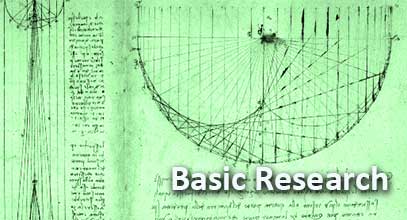Home
3 July 2019
The rapid growth of coaching practices has outpaced the current best-practice empirical research and created a difficult landscape to navigate for coaches and consumers alike. To overcome these challenges the present study published in “Coaching: An International Journal of Theory, Research and Practice" proposed to employ the neuro-screening measure to develop and monitor an individually tailored coaching interventions.
16 January 2019
The Operational Architectonics (OA) of brain-mind functioning is a theory that unifies brain and mind through nested and dynamic hierarchy of electromagnetic brain fields. Recently, it has been enriched by concepts from physics like time, space, entropy, and self-organized criticality. The new theoretical paper advances OA theory
- Researchers from BM-Science published a new article exploring of what comes after Homo Sapiens
- A new article has been published by BM-Science researchers on the relation of 'Pure Experience' and neurophysiology
- BM-Science researchers published a new article on the paradigm shift in Biological Psychiatry
- Researchers from BM-Science co-authored a new publication on the syntax, semantics and the brain



